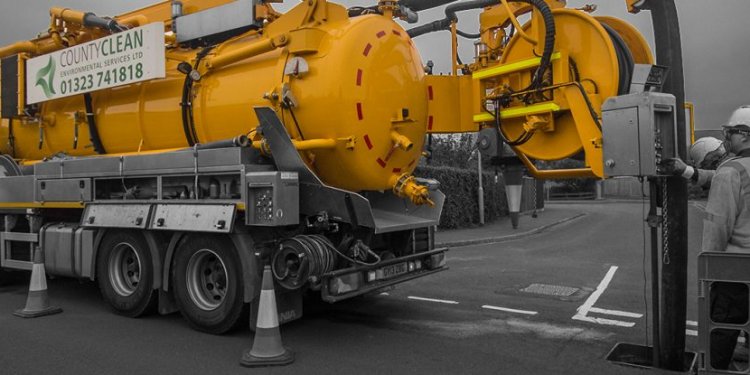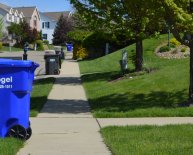April 13, 2020

Liquid Waste Disposal
Many types of businesses generate hazardous waste. Some are small companies such as dry cleaners, auto repair shops, hospitals, exterminators, and photo processing centers. Some hazardous waste generators are larger companies like chemical manufacturers, electroplating companies, and petroleum refineries.
Under RCRA, hazardous waste is a waste with properties that make it dangerous or potentially harmful to human health or the environment. Hazardous waste takes many physical forms and may be solid, semi-solid, liquid, or even contained gases. RCRA hazardous wastes fall into two categories:
Listed Wastes, which appear on one of the four hazardous wastes lists establish by EPA regulations:
- The F-list (non-specific source wastes). Identifies wastes from common manufacturing and industrial processes, such as solvents that have been used in cleaning or degreasing operations. Because the processes producing these wastes can occur in different sectors of industry, the F-listed wastes are known as wastes from non-specific sources.
- The K-list (source-specific wastes). This list includes certain wastes from specific industries, such as petroleum refining or pesticide manufacturing. Certain sludges and wastewaters from treatment and production processes in these industries are examples of source-specific wastes.
- The P-list and the U-list (discarded commercial chemical products). These lists include specific commercial chemical products in an unused form. Some pesticides and some pharmaceutical products become hazardous waste when discarded.
Characteristic Wastes, which exhibit one or more of four characteristics defined in 40 CFR Part 261 Subpart C:
- Ignitability – Ignitable wastes, such as waste oils and solvents, can create fires under certain conditions, are spontaneously combustible, or have a flash point less than 60° C (140° F).
- Corrosivity – Corrosive wastes, such as battery acid, are acids or bases (pH less than or equal to 2, or greater than or equal to 12.5) that are capable of corroding metal containers, such as storage tanks, drums, and barrels.
- Reactivity – Reactive wastes, such a lithium-sulfur batteries and explosives, are unstable under “normal” conditions. They can cause explosions, toxic fumes, gases, or vapors when heated, compressed, or mixed with water.
- Toxicity – Toxic wastes are harmful or fatal when ingested or absorbed (e.g., containing mercury, lead, etc.). When toxic wastes are land disposed, contaminated liquid may leach from the waste and pollute ground water.













